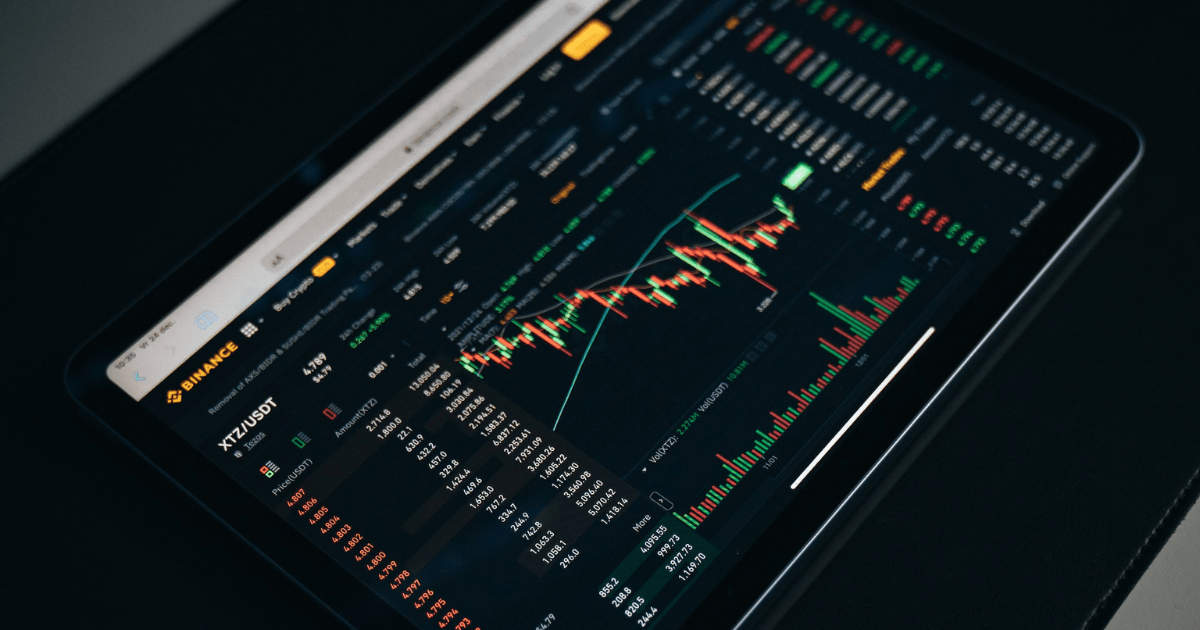Introduction
Forex trading, also known as foreign exchange trading, involves buying and selling currencies in the global marketplace. It has gained significant popularity among retail traders due to its potential for profit. However, it’s important to approach forex trading with a realistic understanding of its profitability and the risks involved.
Understanding the Forex Market and its Participants
To assess the profitability of forex trading, it’s crucial to understand the nature of the market and its participants. The forex market is decentralized and operates 24 hours a day, allowing traders to take advantage of global economic events and fluctuations in currency prices. The participants in the forex market include central banks, commercial banks, hedge funds, institutional investors, retail traders, and more.
Retail traders, like individual investors, often face challenges in achieving consistent profitability. Statistics show that a significant percentage of retail traders incur losses. This can be attributed to various factors, including lack of experience, inadequate risk management, emotional decision-making, and insufficient understanding of market dynamics.
Developing a Trading Mentality
Successful forex trading requires the development of a disciplined and informed trading mentality. Traders must focus on continuous learning, research, and practice to enhance their skills and understanding of the market. It’s essential to resist the temptation to spread oneself too thinly by concentrating on one or a few currency pairs.
A trading strategy should include well-defined trade entry and exit points. It’s advisable to test new ideas and strategies using a demo account before transitioning to live trading. This helps traders gain confidence in their approach and understand the dynamics of managing trades effectively.
Ways to Make Forex Trading Profitable
- Practice Trading: Utilize demo accounts to practice and refine your trading strategies without risking real money. This allows you to gain experience and confidence before committing capital.
- Trade Management: Develop effective trade management skills, including setting stop-loss and take-profit levels. Proper trade management helps protect profits and limit losses.
- Focus on Specific Currency Pairs: Concentrating on a specific currency pair can allow you to become more familiar with its characteristics and price movements, increasing your chances of making profitable trades.
- Choose a Reputable Broker: Selecting a regulated and reliable broker is vital for a successful trading experience. Ensure the broker offers competitive spreads, efficient trade execution, and robust customer support.
- Risk Management: Implement sound risk management practices, such as using appropriate position sizing, setting risk-reward ratios, and diversifying your portfolio. This helps protect your capital and minimize potential losses.
Realistic Profit Targets for Beginners
Setting realistic profit targets is essential for beginners in forex trading. It’s crucial to approach profit targets in terms of percentage returns rather than focusing solely on monetary gains. Starting with small, achievable targets and gradually increasing them as skills and experience grow is a prudent approach.
It’s important to note that the forex market is highly dynamic and subject to various factors that can affect currency prices. Therefore, it’s unrealistic to expect consistent, extraordinary profits in a short period. Patience, discipline, and a long-term perspective are key attributes for sustainable profitability in forex trading.
Common Queries about Forex Trading Profitability
1. Can you make a living from forex trading?
While it is possible to make a living from forex trading, it requires a significant amount of skill, experience, and dedication. Consistent profitability in forex trading is challenging, and many traders supplement their income from other sources.
2. How long does it take to become profitable in forex trading?
The time it takes to become profitable in forex trading varies for each individual. It depends on factors such as the trader’s learning curve, commitment to learning and practice, ability to manage emotions, and understanding of market dynamics. Generally, it takes months to years of consistent effort to develop the skills necessary for profitability.
3. What are the risks involved in forex trading?
Forex trading involves inherent risks, including market volatility, economic factors, geopolitical events, and leverage. Traders can experience losses, and it’s important to only risk capital that you can afford to lose. Risk management strategies, such as setting stop-loss orders and using proper position sizing, are crucial to mitigate these risks.
Key Takeaways
- Forex trading can be profitable, but it requires a realistic understanding of the market and diligent effort to develop the necessary skills.
- Successful forex trading involves continuous learning, practice, and risk management.
- Concentrating on specific currency pairs, choosing a reputable broker, and setting realistic profit targets are essential for beginners.
- Forex trading is not a get-rich-quick scheme, and sustainable profitability takes time, discipline, and a long-term perspective.
- It’s important to be aware of the risks involved in forex trading and implement risk management strategies.
In conclusion, while forex trading has the potential for profitability, it’s crucial to approach it with a realistic mindset, proper education, and a disciplined approach. By continuously improving your skills, managing risks effectively, and setting achievable goals, you can increase your chances of success in the forex market. Remember that forex trading is a journey that requires ongoing learning and adaptation to changing market conditions. With the right mindset and approach, you can navigate the forex market and potentially achieve profitability over time.








